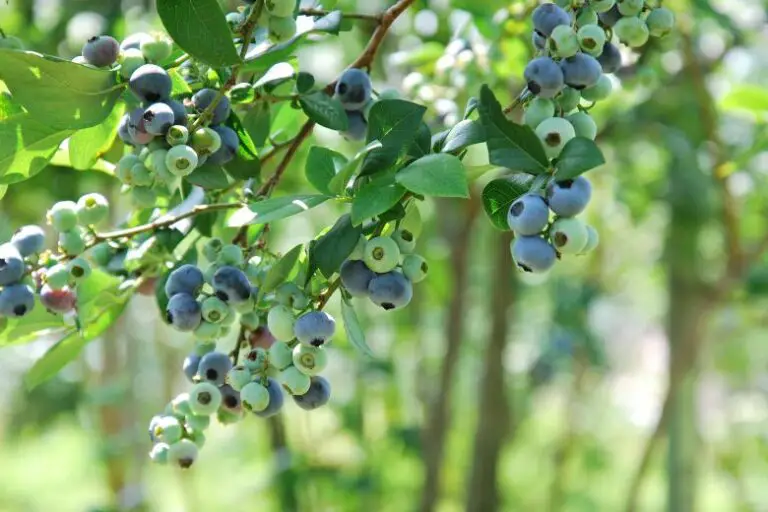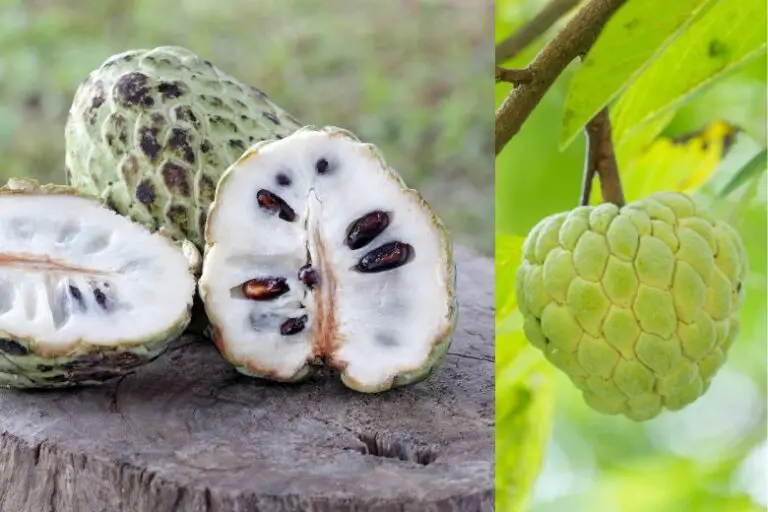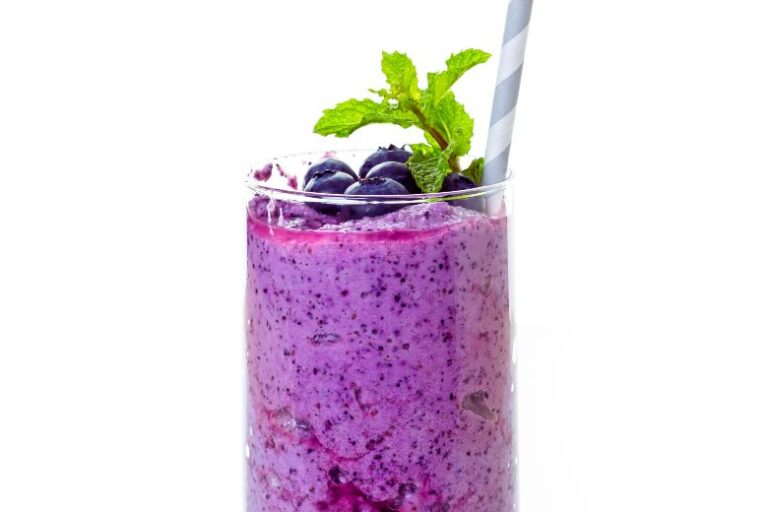Are Grapes From Peru Safe to Eat
Peruvian grapes have gained popularity in recent years due to their availability in various markets. They are known for their unique flavors, vibrant colors, and nutritional benefits. However, concerns about the safety of consuming grapes, particularly in terms of pesticide residues, have been raised by consumers.
The Rise of Peruvian Grapes
Peru has become a significant player in the global grape market, exporting a substantial volume of grapes each year. The country’s diverse climate and topography provide ideal conditions for grape cultivation. This has led to the export of fresh grapes to various parts of the world, making them easily accessible to consumers.
Peruvian Grape Farming Practices
Peruvian grape farmers utilize modern farming techniques to ensure the quality and quantity of their produce. These practices include controlled irrigation, canopy management, and integrated pest management systems. The goal is to maximize yields while minimizing the use of harmful chemicals.
Pesticide Use and Safety Measures
Pesticides are commonly used in agriculture to protect crops from pests and diseases. In Peru, as in many other countries, grapes can be treated with pesticides to ensure their quality and appearance. However, strict regulations are in place to monitor pesticide use and residues, ensuring that the grapes that reach consumers are safe for consumption.
Health Benefits of Peruvian Grapes
Grapes, in general, are known for their health benefits. They are rich in antioxidants, vitamins, and minerals that contribute to overall well-being. Peruvian grapes, with their unique characteristics, offer these benefits along with a delightful flavor.
Nutritional Value
Peruvian grapes are a nutritious snack option. They are low in calories and fat while being high in natural sugars that provide a quick energy boost. Additionally, they contain dietary fiber, promoting digestive health.
Grapes and Pesticide Residues
The concern over pesticide residues on grapes is valid, given the potential health risks associated with their consumption. However, regulatory bodies in Peru and importing countries enforce strict limits on pesticide residues in agricultural produce, including grapes. Regular testing ensures that grapes are within safe limits before reaching consumers.
Ensuring Safety: Washing and Peeling
To further minimize any potential risk from pesticide residues, consumers can take simple steps at home. Thoroughly washing grapes under running water and gently rubbing them can help remove surface residues. Peeling the grapes can also reduce exposure, although it may also remove some of the fruit’s nutrients and fiber.
Organic Peruvian Grapes
For those seeking an even safer option, organic Peruvian grapes are available. These grapes are cultivated without the use of synthetic pesticides or fertilizers. Choosing organic grapes can provide peace of mind for consumers who prioritize avoiding exposure to chemicals.
A Sustainable Choice
Peruvian grape farmers are increasingly adopting sustainable and environmentally friendly practices. This includes minimizing water usage, using natural pest control methods, and promoting soil health. By supporting Peruvian grapes, consumers can contribute to a more sustainable agricultural industry.
Tips for Selection and Consumption
When selecting Peruvian grapes, look for plump, firm, and well-colored grapes. Avoid grapes with wrinkled or damaged skin. To enjoy the optimal taste and texture, store grapes in the refrigerator and rinse them before consuming.
Comparing with Other Grape Varieties
Peruvian grapes offer a unique flavor profile that sets them apart from other grape varieties. Their availability might vary depending on the season and your location. Exploring different grape options can add variety to your diet and introduce you to new taste experiences.
Conclusion
Enjoying grapes from Peru can be a safe and delicious choice. Regulatory measures, modern farming practices, and consumer precautions ensure that the grapes reaching your table are not only tasty but also safe to eat. Whether you opt for conventionally grown or organic grapes, the benefits they offer in terms of nutrition and flavor make them a wonderful addition to your diet.







